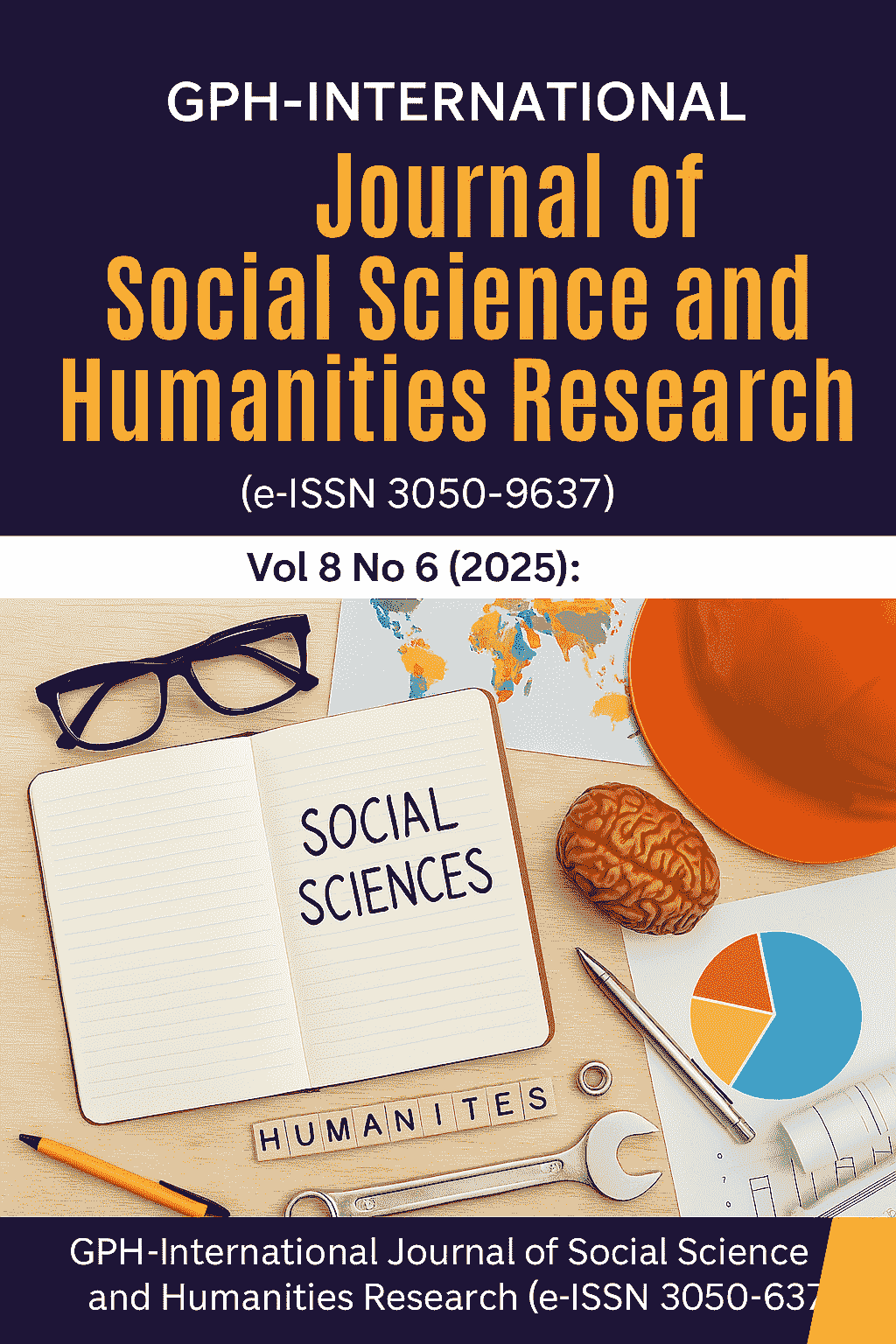THE ADMINISTRATIVE ACCOUNTABILITY FRAMEWORK FOR ABSENTEEISM (AAFA): STRENGTHENING PUBLIC SECTOR INTEGRITY THROUGH CASE-BASED HR GOVERNANCE
Abstract
Unauthorized absenteeism poses significant challenges to public sector governance, undermining institutional efficiency, service delivery, and accountability. This study examines the disciplinary response of a local government unit (LGU) in the Philippines to a sanitation officer’s prolonged absence without official leave (AWOL), which ultimately led to his removal from service. Anchored on the Administrative Accountability Framework for Absenteeism (AAFA), the study employs a qualitative case study design, integrating documentary analysis and case analysis methods to explore the legal and ethical dimensions of the administrative process. Data sources include official memoranda, daily time records, HR reports, employee correspondences, and Civil Service Commission (CSC) rules and jurisprudence. The analysis focuses on the consistency of the LGU’s actions with established CSC policies, particularly Rule XVI of the Omnibus Rules Implementing Book V of Executive Order No. 292 and Memorandum Circular No. 13, s. 2007. Findings confirm that the administrative procedures followed the required legal standards; however, gaps were noted in ethical communication and procedural clarity, particularly in documenting due process and post-decision employee engagement. By applying the AAFA framework, the study offers a structured lens to assess accountability, fairness, and HR governance in public service. The findings provide insights for enhancing administrative justice, reinforcing ethical standards, and promoting case-based human resource management in both national and international public sector contexts. This research contributes to ongoing efforts to improve integrity, transparency, and responsiveness in civil service systems.
Downloads
References
Balanquit, R., & Reyes, J. (2025). AWOL in the bureaucracy: Trends, causes, and disciplinary outcomes. Journal of Southeast Asian Governance, 18(1), 25–41.
Civil Service Commission. (2017). Revised rules on administrative cases in the civil service (RRACCS). https://www.csc.gov.ph
Civil Service Commission v. Lucas, G.R. No. 192736, July 23, 2013 (Philippines). https://elibrary.judiciary.gov.ph/thebookshelf/showdocs/1/55828
Javier, M., & De Castro, L. (2024). Organizational climate and absenteeism in government offices. Philippine Journal of Public Administration.
Leave Division, Office of the Court Administrator v. Sarceno, A.M. No. P 11 2930, February 17, 2015 (Philippines). Supreme Court of the Philippines. https://lawphil.net/judjuris/juri2015/feb2015/am_p-11-2930_2015.html
Mendoza, P. A., Garcia, N., & Lim, C. (2024). Ethical challenges in government HR policies. International Journal of Administrative Ethics, 12(2), 43–59.
Office of the Court Administrator v. Hernaez, A.M. No. 2008 05 SC, July 1, 2008 (Philippines). Supreme Court of the Philippines. https://lawphil.net/judjuris/juri2008/aug2008/am_2008-05-sc_2008.html
Republic Act No. 6713. (1989). Code of conduct and ethical standards for public officials and employees. https://lawphil.net/statutes/repacts/ra1989/ra_6713_1989.html
Sahi v. Office of the Court Administrator, A.M. No. P 14 3252, October 2014 (Philippines). Supreme Court of the Philippines. https://lawphil.net/judjuris/juri2014/oct2014/am_p-14-3252_2014.html
The 1987 Constitution of the Republic of the Philippines. Article XI – Accountability of public officers. https://www.officialgazette.gov.ph/constitutions/1987-constitution/
Villanueva, K., & Santos, R. (2025). Monitoring and enforcement of civil service attendance rules. Philippine Review of Human Resource Management
The authors and co-authors warrant that the article is their original work, does not infringe any copyright, and has not been published elsewhere. By submitting the article to GPH-International Journal of Social Science and Humanities Research, the authors agree that the journal has the right to retract or remove the article in case of proven ethical misconduct.














 Firozpur Jhirka, Haryana, India
Firozpur Jhirka, Haryana, India

